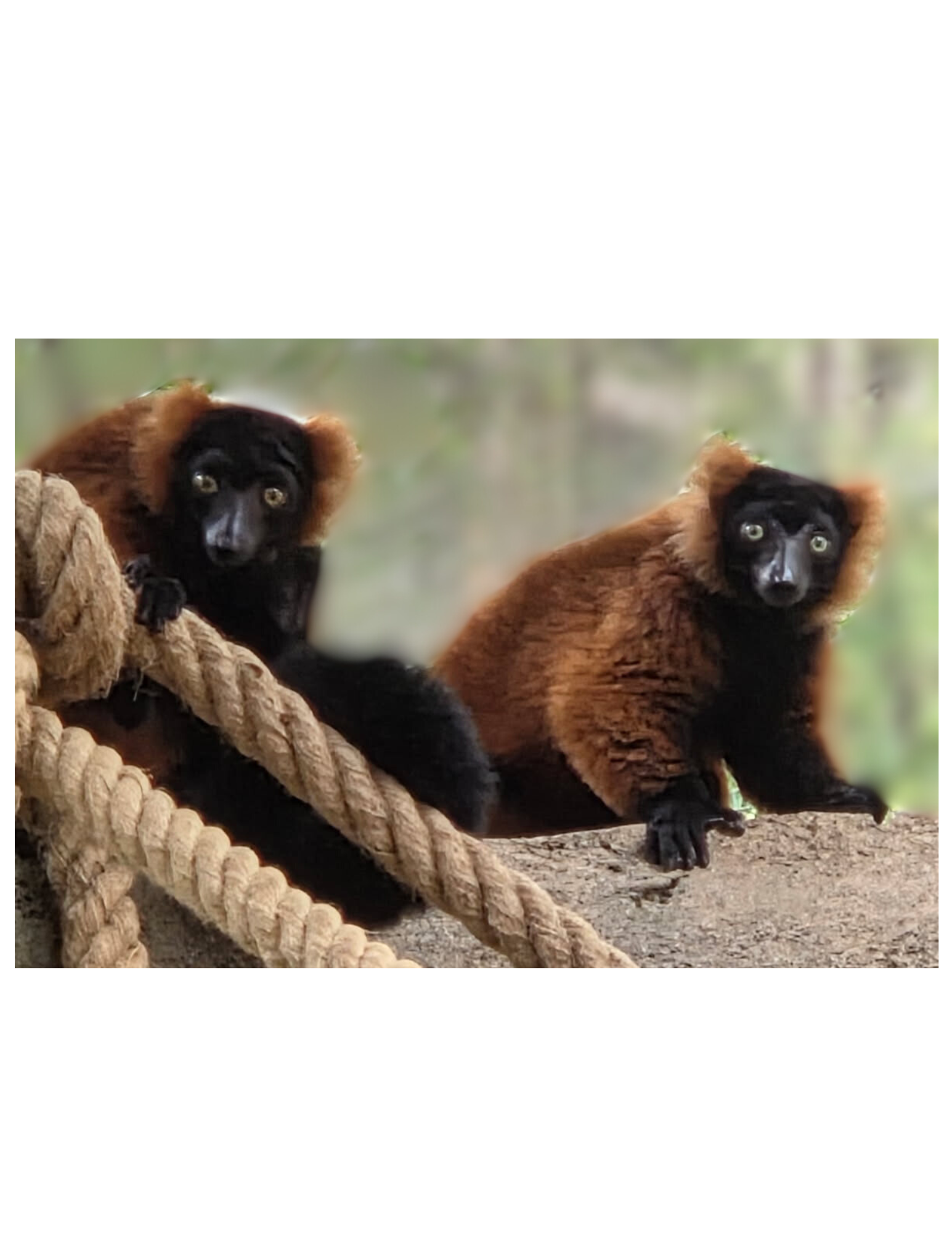
Indian Crested Porcupine


Eats
Indian Crested Porcupines are primarily herbivores, meaning they eat plants including fruits, grains, and roots.
Lives
They are mostly found in Southern Asia and the Middle East. They are adaptable and can be found in a variety of habitats, including grasslands, scrublands, forests, and agricultural areas. They are known to thrive in both hilly and lowland regions.
Behavior
Indian crested porcupines are nocturnal animals, meaning they are most active during the night. They are generally solitary creatures, although they may occasionally be seen in pairs. They are excellent diggers and construct burrows or dens in the ground where they spend their daytime hours. These burrows often have multiple entrances and tunnels. When threatened, they raise their quills and stamp their feet to create a rattling sound to deter potential predators. If the threat doesn't leave, they can charge backward, attempting to stab the intruder with their quills.
Description
Indian crested porcupines are among the largest rodents globally, featuring dark brown quills that provide excellent defense against predators. As rodents, their teeth continuously grow, prompting them to chew on wood and hard vegetables to wear them down. When threatened, their long quills around the head and neck stand up, creating an impressive spiky crown. They can also make a rattling sound by shaking their quills, which serves as a warning to potential threats. These adaptations help them survive in the wild and avoid danger.
Did you Know?
Quills on all porcupines are modified hairs! Just like a cat or dog sheds their fur, so do porcupines shed their quills.
How can I Help?







_inPixio.png)
















.jpg)





.png)






